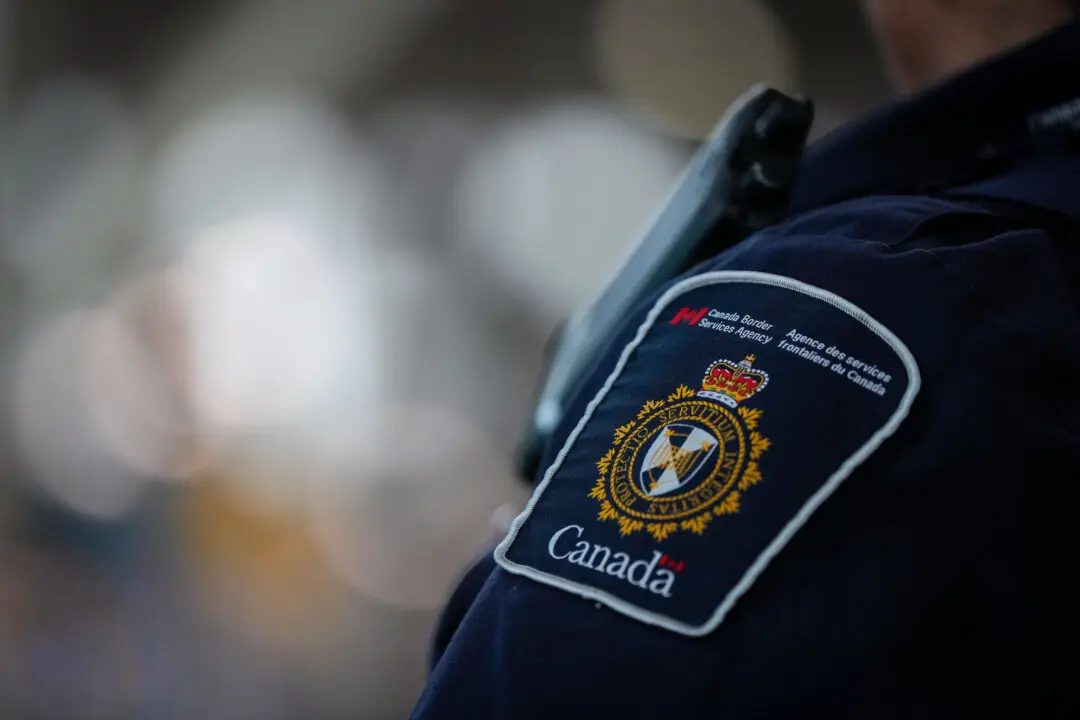The City of Calgary has dropped all charges against two men who say they were ticketed after having a private conversation en route to the “1 Million March for Children” due to a complaint from an unknown city transit user in September.
The Democracy Fund (TDF) litigation director Alan Honner, the lawyer for both men, said he received an email from the City of Calgary last week saying the charges had been withdrawn and no court appearance would be required, according to a TDF news release.





